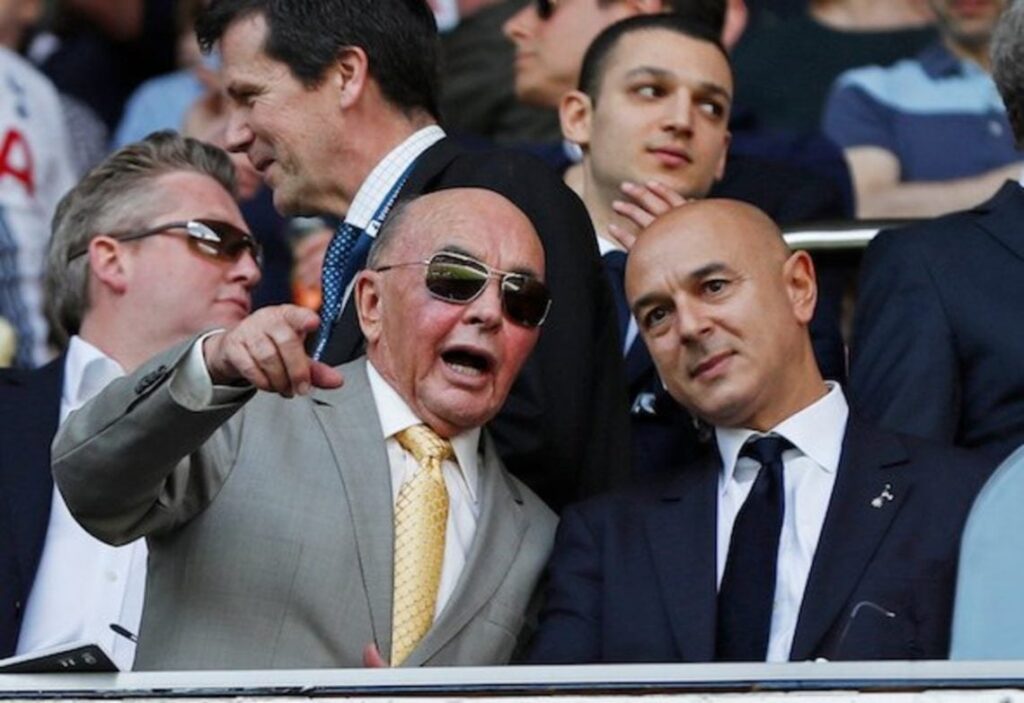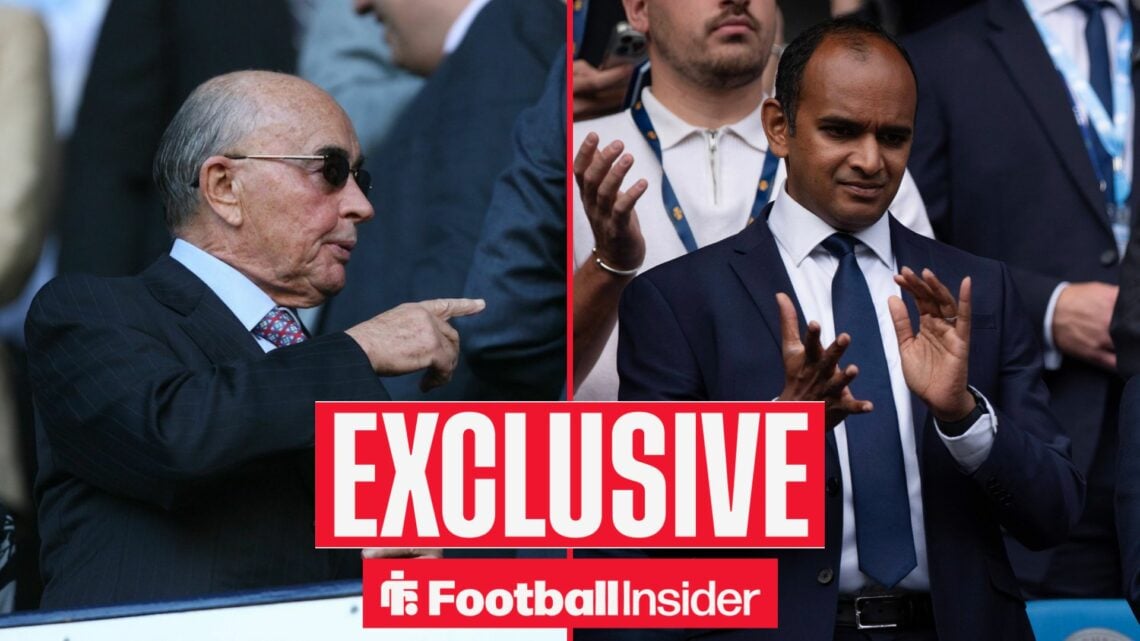Tottenham Hotspur might soon become the next major Premier League club to experience a takeover, despite public claims that the club is not up for sale.
According to football finance expert Dan Plumley, the North London side remains an attractive option for investors, especially after a significant £100 million cash injection that has sparked speculation about its future ownership.
Tottenham’s recent financial moves suggest the beginning of a new era following the departure of Daniel Levy, who stepped down as Executive Chairman after almost 25 years at the helm.
During his long tenure, the club managed to lift only two major trophies the 2025 Europa League and the 2008 League Cup.
While Levy’s leadership helped transform Spurs into a global brand with world-class facilities and consistent European football, fans have long desired greater success on the pitch.
According to Plumley, the recent financial investment aligns with statements from the ownership that the club is not currently for sale.
He explained that it would make little sense for the Lewis family to pour £100 million into the club only to sell it immediately afterward. The investment, therefore, seems to reinforce the message that the owners are committed to strengthening Spurs in the short term.

However, Plumley also emphasized that football ownership can be unpredictable and deals often happen behind closed doors when the right opportunity presents itself.
“If someone comes in with a strong offer, these things can change quickly,” Plumley noted. “Spurs are probably the biggest club in English football right now that you could realistically imagine being part of the next major takeover.
Manchester United could also fit that description, but Manchester City, Arsenal, and Liverpool all look stable in terms of ownership. Tottenham, on the other hand, sits right in that space of potential.”
What makes Spurs especially appealing is their infrastructure and brand potential. The Tottenham Hotspur Stadium is one of the most advanced arenas in the world, built not only for football but also to host NFL games, concerts, and global events. This versatility has made the club attractive to investors beyond the football industry.
In fact, recent reports suggest that Spurs are exploring a partnership with an NFL franchise owner. Such a move could open a new wave of cross-sport investment, integrating American sporting influence into the club’s operations.
It could also help expand Tottenham’s reach into the U.S. market a strategic move considering the growing popularity of Premier League football in North America.
The £100 million investment may also signal Tottenham’s ambition to narrow the gap between themselves and England’s elite clubs. Despite strong financial performances and regular European qualifications, Spurs have often fallen short when it comes to competing for major titles.
Fresh funding could provide the backing needed to secure top talent, reinforce their Champions League ambitions, and continue developing the club’s world-class facilities.
While Tottenham’s owners maintain that the club is not on the market, history shows that ownership declarations can change when the right bid arrives.
The potential of new investors, particularly those linked to global sports, could usher in an era of renewed hope for supporters who crave silverware and sustained success.
Ultimately, whether or not a takeover materializes soon, one thing is certain Tottenham Hotspur remain one of the most enticing assets in world football.
Their combination of commercial power, elite infrastructure, and passionate fanbase ensures that any investor looking for a long-term project will have eyes on North London.
For now, Spurs continue to insist they are not for sale, but as Plumley suggests, “If the right deal comes, it’s hard to say never.”
